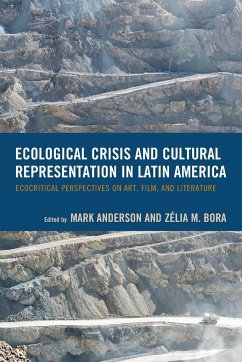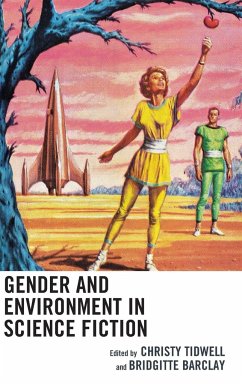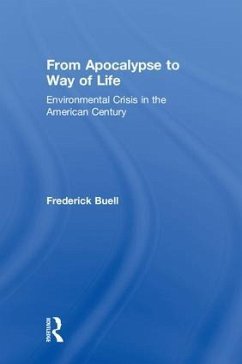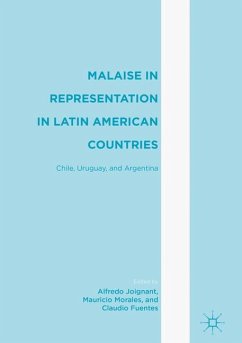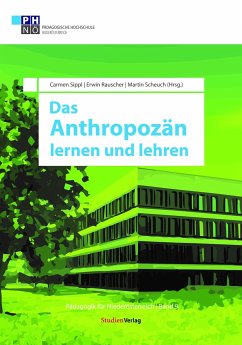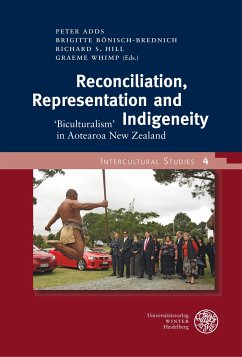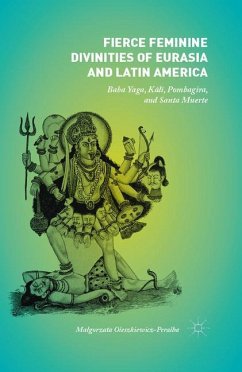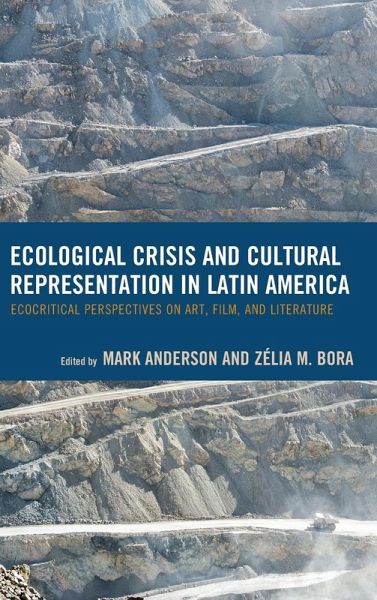
Ecological Crisis and Cultural Representation in Latin America
Ecocritical Perspectives on Art, Film, and Literature
Herausgeber: Anderson, Mark; Bora, Zélia M.

PAYBACK Punkte
70 °P sammeln!
Worldwide environmental crisis has become increasingly visible over the last few decades as the full scope of anthropogenic climate change manifests itself and large-scale natural resource extraction has expanded into formerly remote areas that seemed beyond the reach of industrialization. Scientists and popular culture alike have turned to the term "Anthropocene" to capture the global scale of environmental and even geological transformations that humans have carried out over the last two centuries. The chapters in Ecological Crisis and Cultural Representation in Latin America examine the dyn...
Worldwide environmental crisis has become increasingly visible over the last few decades as the full scope of anthropogenic climate change manifests itself and large-scale natural resource extraction has expanded into formerly remote areas that seemed beyond the reach of industrialization. Scientists and popular culture alike have turned to the term "Anthropocene" to capture the global scale of environmental and even geological transformations that humans have carried out over the last two centuries. The chapters in Ecological Crisis and Cultural Representation in Latin America examine the dynamics and interplay between local cultures and the expansion of global capitalism in Latin America, emphasizing the role of art in bearing witness to and generating awareness of environmental and social crises, but also its possibilities for formulating solutions. They take particular care to draw out the ways in which local environmental crises in Latin American nations are witnessed and imagined as part of a global system, focusing on the problems of time, scale, and complexity as key terms in conceiving the dimensions of crisis. At the same time, they question the notion of the Anthropocene as a species-wide "human" historical project, making visible the coloniality of natural resource extraction in Latin America and its dire effects for local people, cultures, and environments. Taking an ecocritical approach to Latin American cultural production including literature, film, performance, and digital artwork, the chapters in this volume develop a notion of ecological crisis that captures not only its documentary sense in the representation of environmental destruction (the degradation of the oikos), but also the crisis in the modern worldview (logos) that the acknowledgment of crisis provokes. In this sense, crisis is also the promise of a turning point, of the possibilities for change. Latin American representations of ecological crisis thus create the conditions for projects that decolonize environments, developing new, sustainable ways of conceiving of and relating to our world or returning to old ones.





